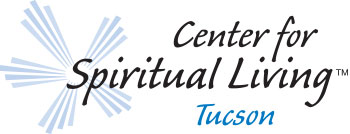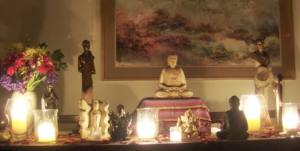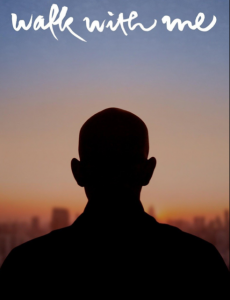Wherever you go…there you are by Mariann Moery
 “When we go to a new place we shall find there only what we have taken with us. If we have taken success we will find success; if, on the other hand we have taken failure we will find failure. Ernest Holmes Creative Mind – 80.2
“When we go to a new place we shall find there only what we have taken with us. If we have taken success we will find success; if, on the other hand we have taken failure we will find failure. Ernest Holmes Creative Mind – 80.2
Or Friends. Or Loneliness. Or Pizza. Or Limitations.
Holmes first book: Creative Mind published originally in 1918 is amazingly clear and direct, expressing all the important tenets of Science of Mind largely unencumbered by any of the ideas or language contemporary to that time.
“We have missed the whole point, unless we have learned so to control our thought that time and place make no difference.” 21.4
C’est fait par du monde – lifting from Oliver Burkeman’s Meditations for Mortals (Day 27): Attributed to a French-Canadian grandmother, ..whenever a family member expressed overawed admiration for art, technology, anything, it roughly translates to- People did that.
“The fault, dear Brutus, is not in our stars, but in ourselves, that we are underlings.” William Shakespeare’s play Julius Caesar, spoken by Cassius to Brutus.
“The thing to do is to unify ourselves with the biggest ideas that we can compass; and realizing that our ideas govern our power of attraction, we should be constantly enlarging within ourselves.” Ernest Holmes Creative Mind – 81.1
“If you want to do a new thing, get a new thought and then you will have the power of attraction which has the possibility of drawing to you the circumstances which will make for the fulfillment of your desires. Get over the old idea of limitation. Overcome all precedents and set yourself in the new order of thing…..God has created you for a glorious future; dare to fling out into mind the greater assurances about yourself.” Creative Mind 62.1
And one last quote:
“The one who dares to fling thought out into Universal Intelligence, with the assurance of one who realizes their own divine nature and its relation to the Universe—and dares to claim all there is—will find an ever-creative good at hand… God will honor the request. To the soul that knows its own divinity, all else must gravitate. Let us , then, enlarge our thought processes and dare to think in Universal terms. Let us dare to believe that every constructive word is invincible.” Ernest Holmes: Science of Mind Text – 142.3
May we all dare and do.
–In Peace, Mariann








